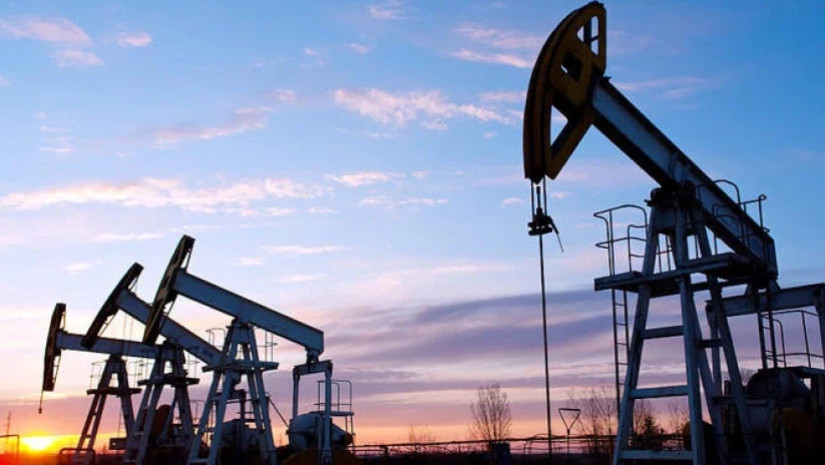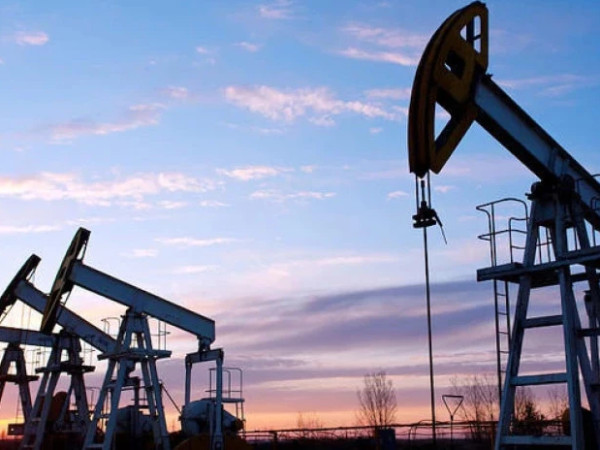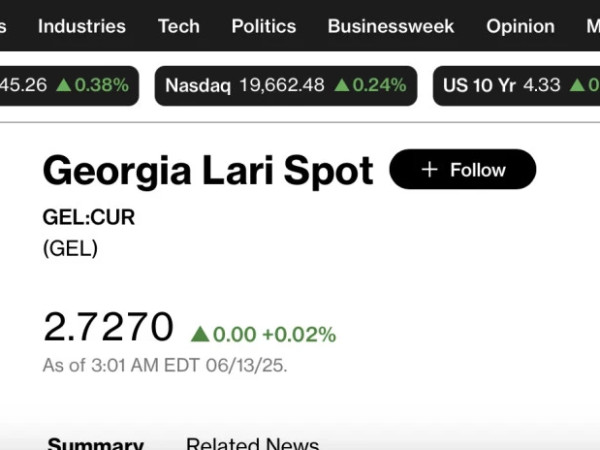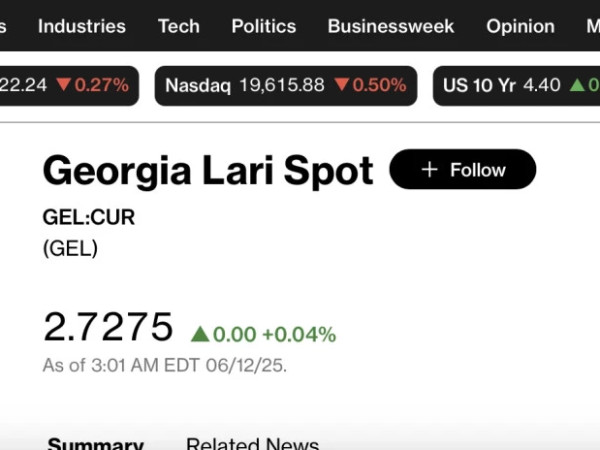The price of oil and gold has soared and stock markets have fallen after Israel’s strikes against targets in Iran.
The escalation of the conflict in the Middle East, the focal point of global oil production, prompted a sharp increase in prices, with Brent crude up more than 10% after news of the attacks broke, reaching its highest level since January.
The price later eased but was still up 5.5% at $73.12 a barrel, on course to record the biggest daily rise since 2022.
In London, the FTSE 100 – which closed at a record high on Thursday – fell 50 points on opening.
The increases hit the aviation industry, as airlines cleared the airspace over the region, and investors turned to safe investment assets such as gold and the Swiss franc.
Shares in the British Airways owner, IAG, and the budget airline easyJet fell more than 4%.
The top riser on the FTSE 100 was the weapons producer BAE Systems, up almost 3%, reflecting concerns that the Israel-Iran conflict could escalate. The oil companies BP and Shell were also among the risers, up 2%.
The price of gold rose 1.5% to $34,434 (£25,388) an ounce, close to the record high of $3,500 it hit in April, and the Swiss franc and yen rose about 0.4% against the dollar.
“The geopolitical escalation adds another layer of uncertainty to already fragile sentiment,” said Charu Chanana, the chief investment strategist at Saxo.
Stocks dived in Asia, with Japan’s Nikkei down 1.3%, South Korea’s Kospi falling 1.1% and Hong Kong’s Hang Seng dipping 0.8%.
In Europe, major markets across Germany, France, Italy and Spain all fell more than 1%.
The pan-European Stoxx 50 futures fell 1.6%, and US markets are set to follow suit when they open later on Friday, led by a sell-off in Wall Street futures. S&P E-mini futures fell 1.7% and Nasdaq futures dropped 1.8%.
Israel, which said its attack was a “pre-emptive strike” over Iran’s nuclear programme, has declared a state of emergency as its military said Tehran had launched 100 drones in retaliation.


















